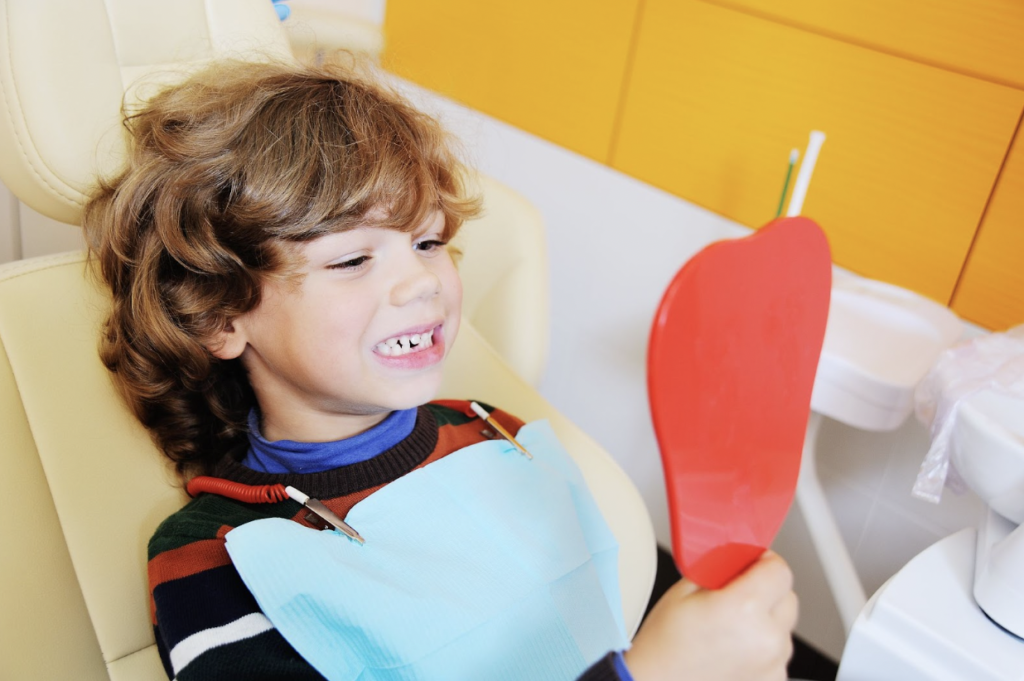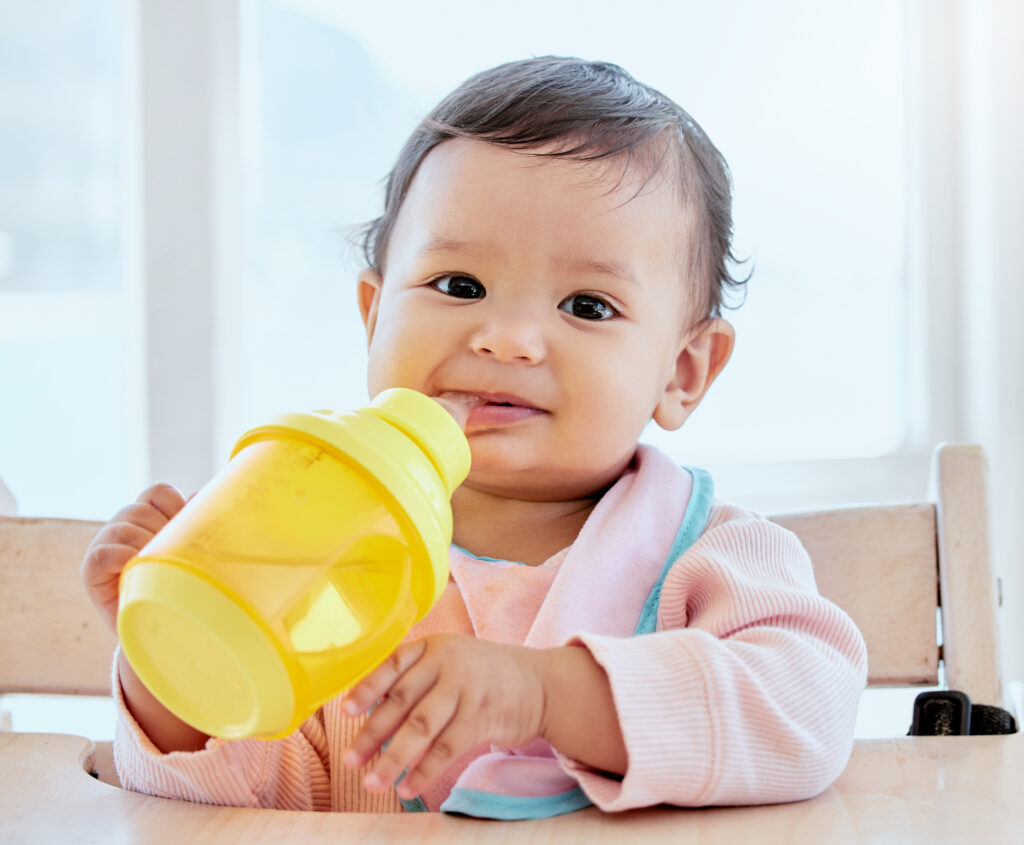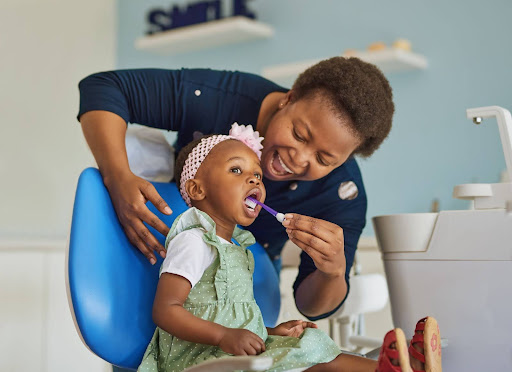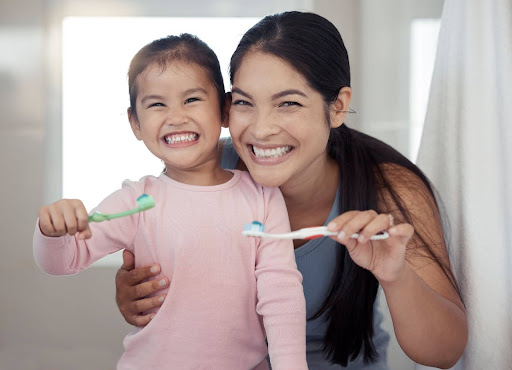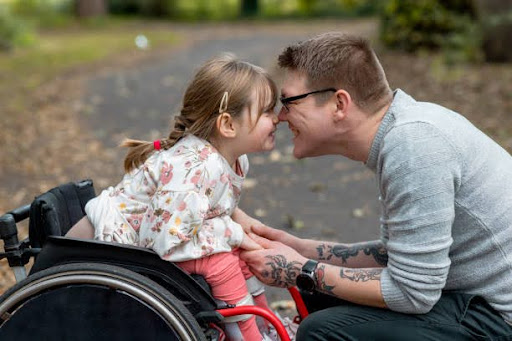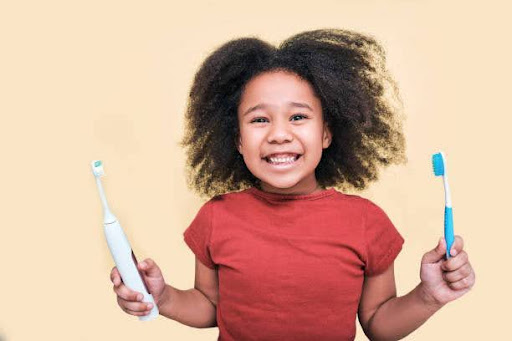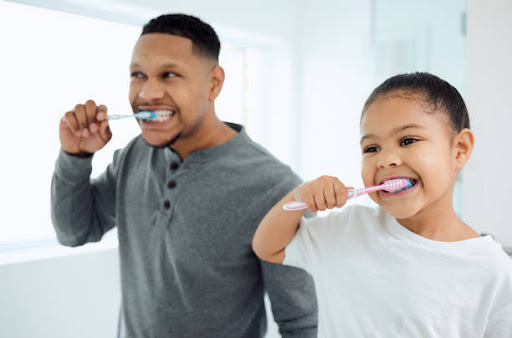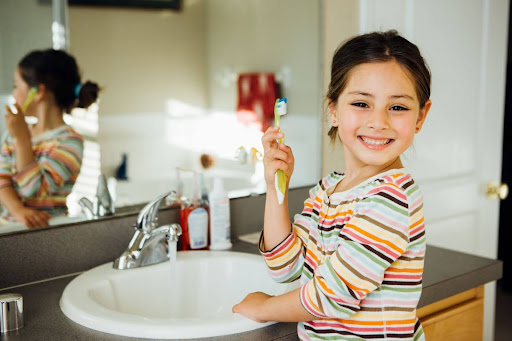
At Capitol Hill Pediatric Dentistry, we understand the importance of fostering positive oral hygiene habits in children from an early age. We recognize that making brushing teeth an enjoyable experience for kids can sometimes be a challenge for parents. However, we’re here to help! Here are some unique and exciting ways to transform your child’s dental routine into a fun-filled adventure:
- Select Playful Toothbrushes: Allow your child to choose their toothbrush adorned with their favorite colors or beloved characters. Our office offers a variety of toothbrush options, ensuring that your little one finds brushing more engaging and entertaining.
- Embrace Family Bonding: Lead by example and brush your teeth alongside your child. Children often enjoy imitating their parents, so demonstrating proper oral care habits can inspire them to follow suit.
- Delight in Flavored Toothpaste: Explore our selection of child-friendly toothpaste featuring enticing flavors like strawberry, bubblegum, or watermelon. The delicious taste will transform brushing into a delightful journey for your young one.
- Groove to Their Tunes: Infuse excitement into brushing time by playing your child’s favorite songs. Transform the bathroom into a dance floor, allowing your child to groove while brushing and ensuring they brush for the recommended duration.
- Make Time a Game: Utilize vibrant hourglasses or digital timers to turn brushing into a playful challenge. Encourage your child to brush until the timer runs out or until all the sand has descended, fostering a sense of accomplishment.
- Explore Interactive Apps: Discover interactive brushing apps and games designed to captivate and educate your child about oral health during brushing sessions.
- Introduce Flossing Fun: Introduce flossing as an enjoyable activity by incorporating colorful floss picks or kid-friendly flossers. Demonstrate proper flossing techniques and transform it into a satisfying routine for your child.
- Celebrate Achievements: Commemorate your child’s oral health milestones, such as their first lost tooth, with a small celebration. This fosters positive associations with dental care and encourages ongoing oral hygiene habits.
By incorporating these innovative and engaging strategies into your child’s dental routine, you can cultivate a joyful approach to oral care. Remember, consistency is key, so encourage your child to embrace these techniques daily. With the support of Capitol Hill Pediatric Dentistry, you can pave the way for a lifetime of excellent oral health habits for your little one. Schedule your child’s next appointment with us today and embark on a journey towards a healthier, happier smile! Happy brushing!

